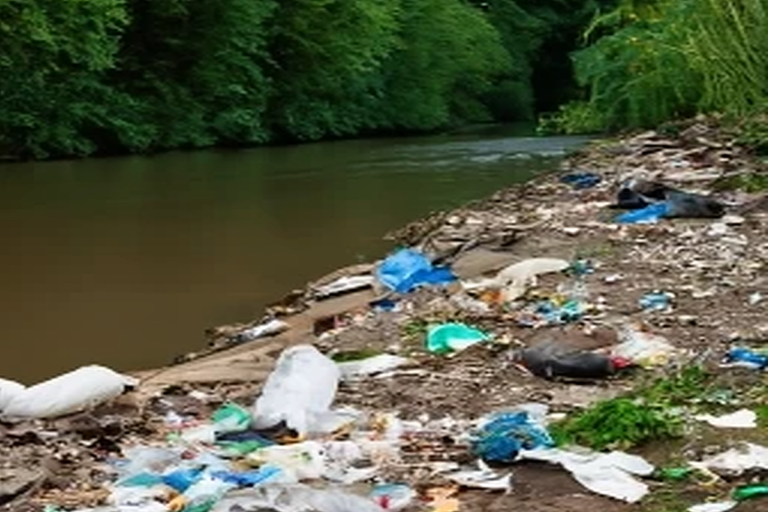The largest part of municipal waste in Serbia ends up in landfills. According to available data, as many as 23 landfills are located in flooded areas.
About 3 million wastes are deposited in landfills in Serbia annually, and only up to 40% of the waste collected in this way is biodegradable waste. Plastic, bags, bottles and other types of packaging make up the largest share of waste.
Milica Lukić, a researcher at the Faculty of Geography and a member of the expert network for waste management in the Green Loop, told the newspaper Danas that landfills contain problematic waste such as drugs, chemicals, pesticides and other poisons.
“All waste goes to landfills without any sorting, so it is quite problematic that methane and other flammable gases can be released, especially with chemicals – pesticides and herbicides under ignition occurs very easily when pressed. That’s why we have those frequent landfill fires, which you can’t just put out, because everything from plastic, nylon to chemicals burns there. It is a rather big problem not only for climate change, but for water sources, water supply, and soil quality,” said Lukić.
As many as 23 landfills that contain the mentioned types of waste are located in the flooded area. This practically means that in cases of higher water flow, landslides occur. In this way, the rivers drag a large part of the waste with them. The mentioned waste threatens the biodiversity of waters.
The problem is deepened by the fact that the same rivers then wash the arable land and the chemicals carried by the water end up in the fertile soil and pollute it.
The solution to the mentioned problem lies in a greater degree of recycling, but also in raising the awareness of citizens about the importance of waste sorting. Social participation is certainly reflected in the rehabilitation of existing critical landfills in order to protect our rivers.


